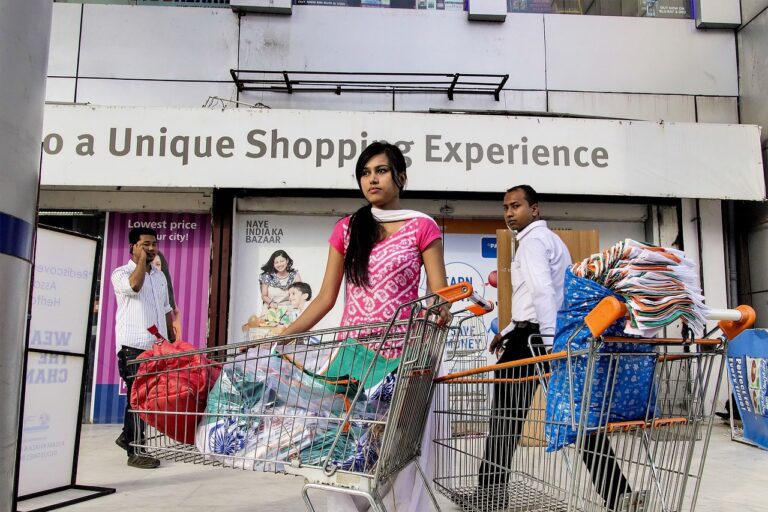How to Create a PAC Impact Report: 11xplay online id, Anna reddy book, Golden7777.com admin
11xplay online id, anna reddy book, golden7777.com admin: When it comes to advocating for human rights, Political Action Committees (PACs) play a vital role in shaping policies and influencing decision-makers. PACs are organizations that pool campaign contributions from members and donors to support candidates, political parties, or specific issues. In the realm of human rights advocacy, PACs can be powerful tools to amplify the voices of marginalized communities, hold governments accountable, and drive systemic change.
The Role of PACs in Human Rights Advocacy
PACs can play a crucial role in human rights advocacy by:
1. Funding Political Campaigns: PACs can support candidates who champion human rights causes by donating to their campaigns. By backing pro-human rights candidates, PACs can help ensure that advocates for social justice are elected to office and can push for policies that promote equality, fairness, and dignity for all.
2. Lobbying for Policy Change: PACs can engage in lobbying efforts to influence policymakers and push for legislative changes that advance human rights. By advocating for specific bills, regulations, or policies, PACs can shape public discourse and mobilize support for key human rights issues.
3. Mobilizing Grassroots Support: PACs can mobilize grassroots support for human rights causes by organizing rallies, protests, and advocacy campaigns. By rallying public support, PACs can raise awareness about pressing human rights issues and build momentum for collective action.
4. Holding Governments Accountable: PACs can hold governments accountable for human rights abuses by shining a spotlight on violations, demanding justice for victims, and calling for accountability from those responsible. By monitoring and reporting on human rights violations, PACs can pressure governments to uphold their obligations and respect the rights of all individuals.
5. Building Coalitions: PACs can collaborate with other like-minded organizations, civil society groups, and stakeholders to build coalitions and amplify their collective impact. By working together, PACs can leverage their resources, expertise, and networks to advance human rights agendas and effect meaningful change.
6. Advocating for International Human Rights: PACs can advocate for international human rights standards and conventions by supporting initiatives that promote global solidarity, cooperation, and respect for human dignity. By engaging in diplomacy, advocacy, and capacity-building efforts, PACs can contribute to the protection and promotion of human rights on a global scale.
FAQs
Q: How are PACs funded?
A: PACs are funded through contributions from members, donors, and fundraising activities. PACs can accept donations from individuals, corporations, labor unions, and other entities, subject to legal limits and regulations.
Q: Are PACs partisan?
A: PACs can be partisan or nonpartisan, depending on their objectives and affiliations. While some PACs support candidates and parties based on their stance on human rights issues, others focus on specific policy goals or advocacy campaigns.
Q: Are PACs effective in advancing human rights?
A: PACs can be effective in advancing human rights when they leverage their resources, networks, and influence strategically. By engaging with policymakers, mobilizing grassroots support, and amplifying marginalized voices, PACs can drive meaningful change and promote a more just and equitable society.
In conclusion, PACs play a crucial role in human rights advocacy by funding political campaigns, lobbying for policy change, mobilizing grassroots support, holding governments accountable, building coalitions, and advocating for international human rights. By harnessing their collective power and resources, PACs can be effective agents of change in advancing human rights agendas and promoting social justice for all.







